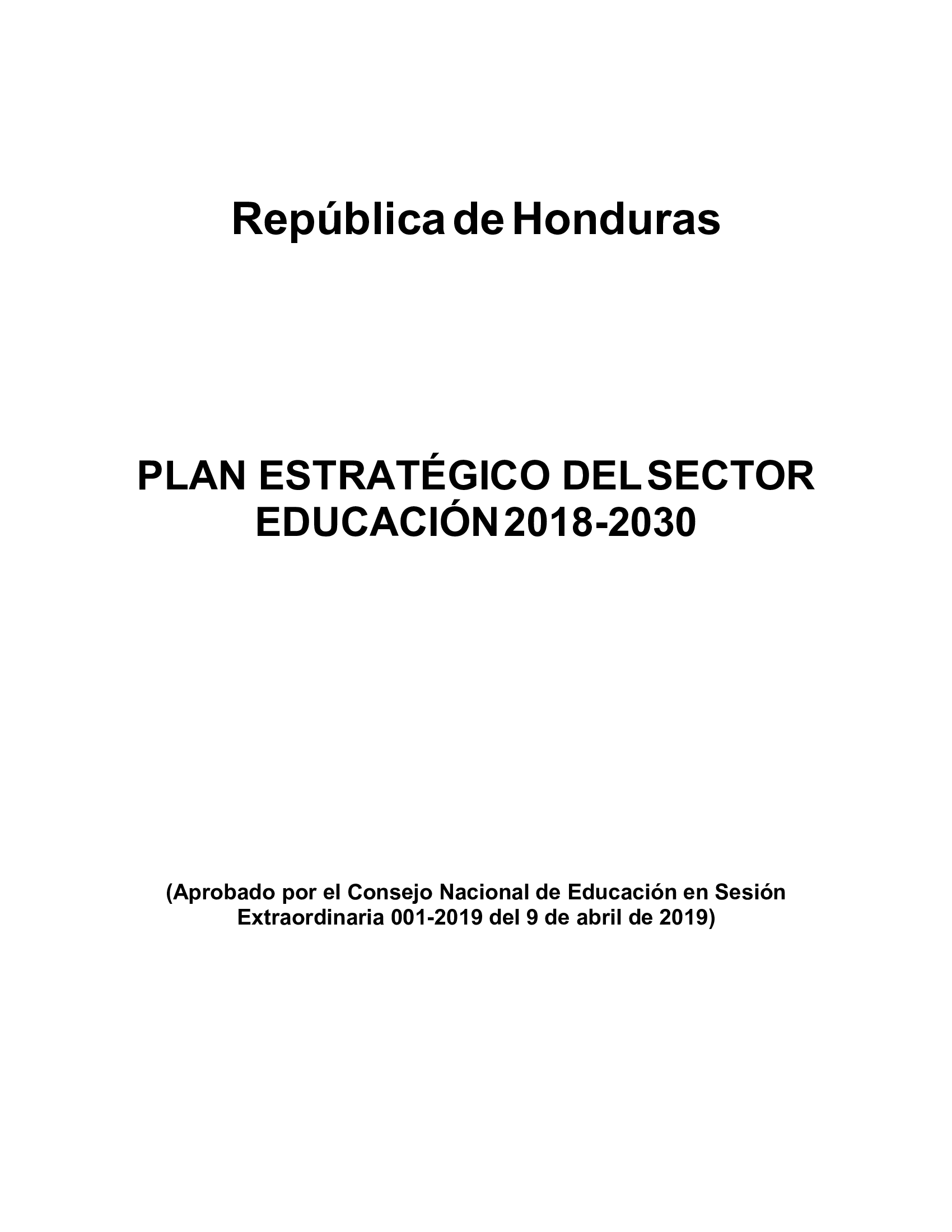The education system in Honduras has four levels: pre-primary (pre-básica), primary and lower secondary (básica), upper secondary (media), and post-secondary (media superior).
Compulsory education includes 13 years, covering the last year of preschool, nine years of primary and lower secondary and three years of upper secondary.
While Honduras has made significant progress in expanding access to primary education, enrollment in other levels of schooling is still lagging. The main challenges are low access to preschool and secondary education as well as weak learning outcomes across the education system, low number of trained teachers and insufficient learning materials.
Honduras' Education sector plan (Plan Estrategico del Sector Educacion), covering the 2018-2030 period, provides a vision of the transformations that the national education system requires by 2030.
The country has improved sector planning and monitoring, but coordination among government institutions in charge of education need to be strengthened.
Civil society groups (e.g.: parents’ and students’ groups and local communities) attempt to engage in sector dialogue but the lack of capacity and clear lines for dialogue with the government impede meaningful contributions to education policy.
There is a well-established development partners group (Mesa Redonda de Cooperantes Externos en Educación), however many donors work independently with the government.


